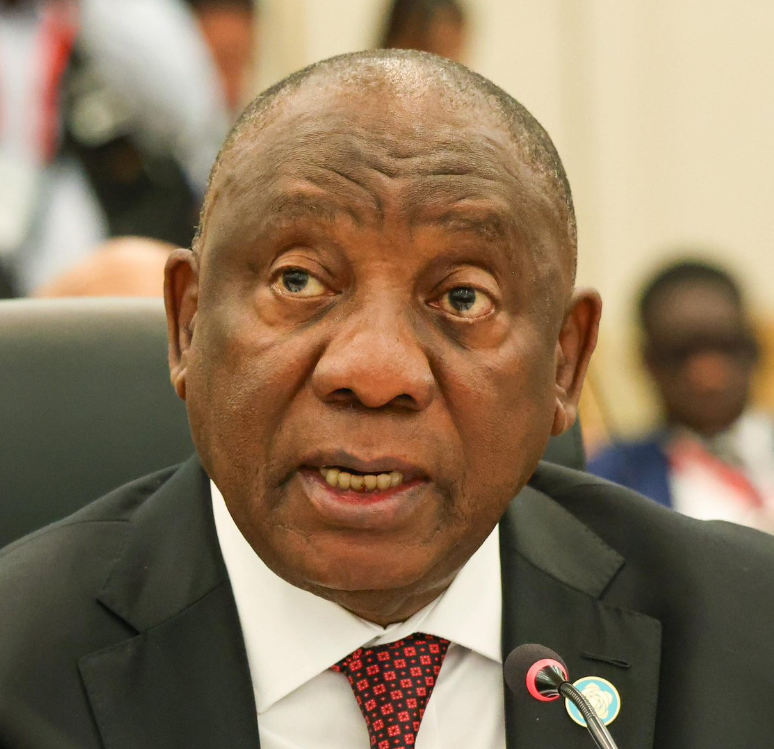Dear Fellow South African,
Our country’s exit from the Financial Action Task Force (FATF) grey list bodes well for the integrity and reputation of our financial system, for our status as an investment destination and for the economy as a whole.
🔗 https://t.co/jZxPf4AurV… pic.twitter.com/xNL6NG1rtu
— Cyril Ramaphosa 🇿🇦 (@CyrilRamaphosa) October 27, 2025
The president emphasised that being on the grey list had far-reaching economic consequences, including reduced investor confidence and higher borrowing costs.
“Grey listing results in a country being seen as risky for investors. The practical implications are that countries have greater difficulties obtaining credit and access to international financial services,” he said.
Ramaphosa noted that the exit would ease financial pressure on citizens and businesses alike.
“The impact of South Africa’s exit from the FATF grey list will reduce pressure on citizens, businesses and the government. Ultimately, the return of international financial confidence and a reduced risk perception will attract more foreign direct investment,” he said.
He outlined the government’s recent reforms, including the expansion of the Financial Intelligence Centre’s (FIC) powers and new laws enforcing transparency in company ownership.
“Legislative amendments have been made to enable for more stringent reporting regulations around beneficial ownership. This is so we know who ultimately owns, controls and benefits from a company, not just those who are listed as shareholders on paper,” he said.
State capture era
“These changes will make it much more difficult for individuals and syndicates to funnel the proceeds of their corrupt activities through complex webs of shell companies, trusts and companies owned by friends and relatives,” Ramaphosa said.
The president acknowledged that state institutions had been weakened during the state capture era but said government was rebuilding capacity.
“The state capture era led to a near hollowing out of state capacity and the weakening of key institutions involved in upholding the integrity of our financial system. But we are steadily rebuilding them,” he said.
Ramaphosa stressed that the FATF decision should not lead to complacency.
“We will make sure that the FATF decision does not result in complacency but supports increased vigilance,” he said, adding that the next phase would focus on implementation and enforcement.
“With the necessary regulatory frameworks in place, our focus must now be on improving and strengthening implementation. We will also sustain enforcement within both public and private institutions and deepen international collaboration,” Ramaphosa concluded.
Follow African Insider on Facebook, X and Instagram
Picture: X/@PresidencyZA
For more African news, visit Africaninsider.com
Compiled by Betha Madhomu


